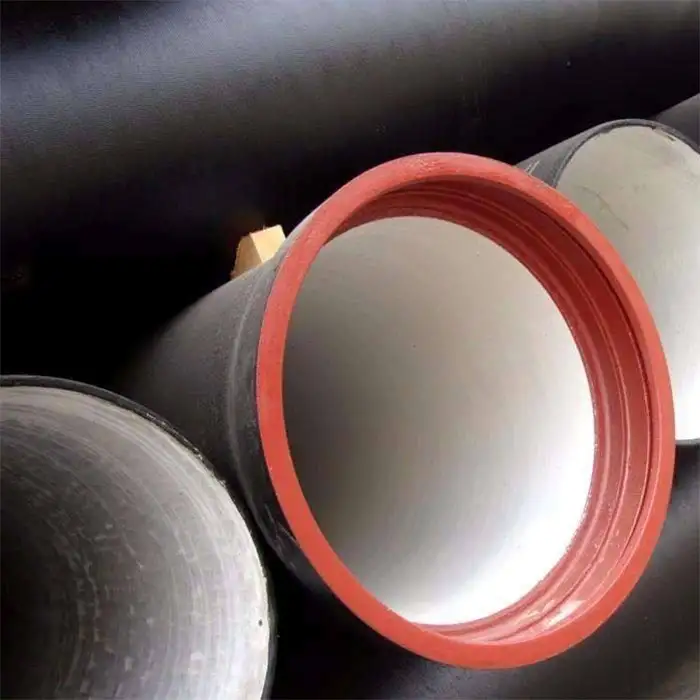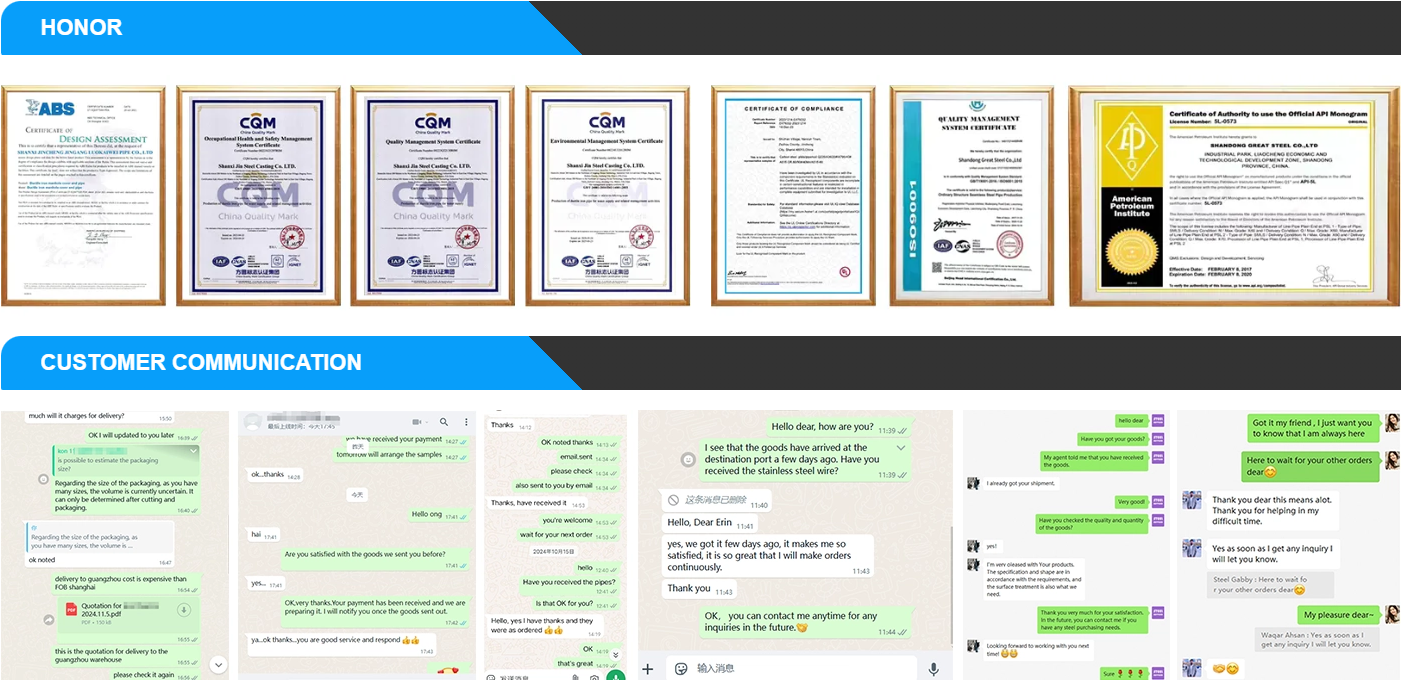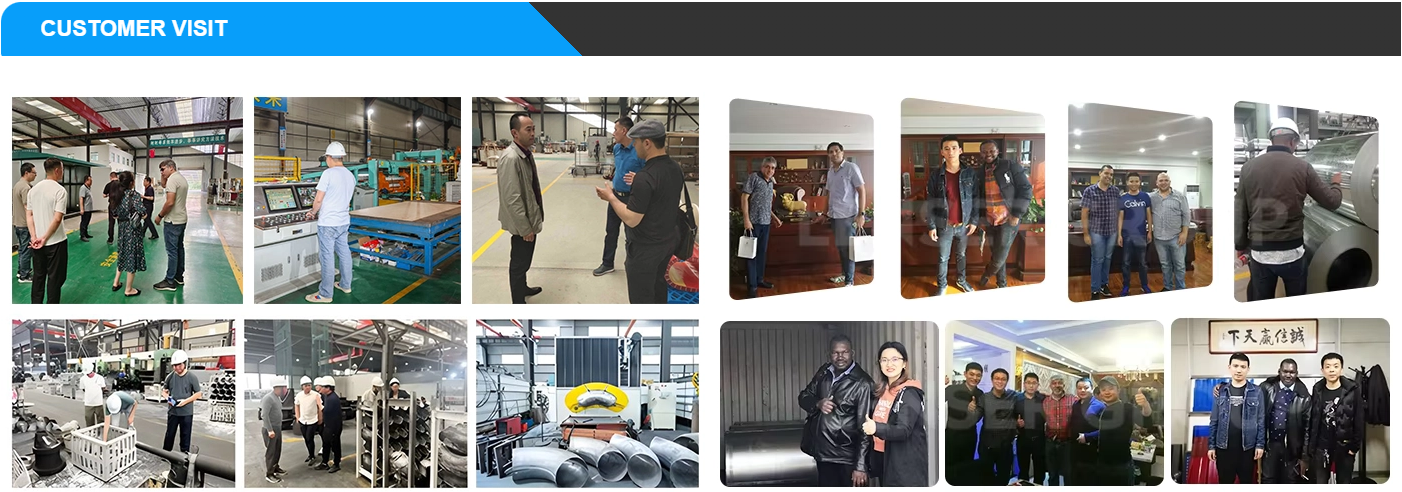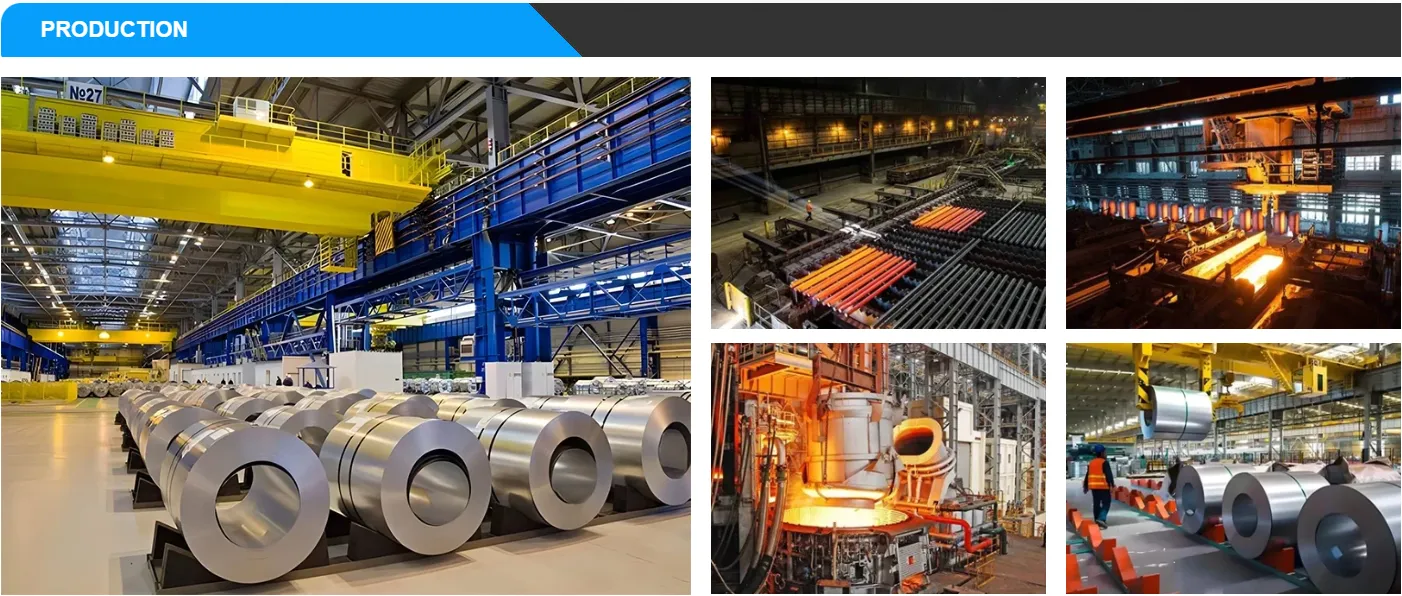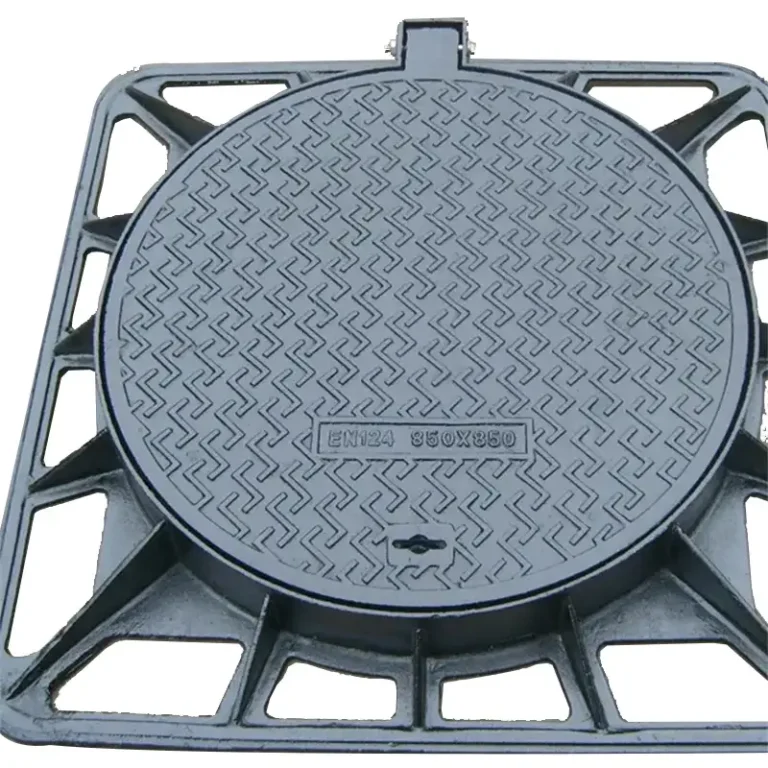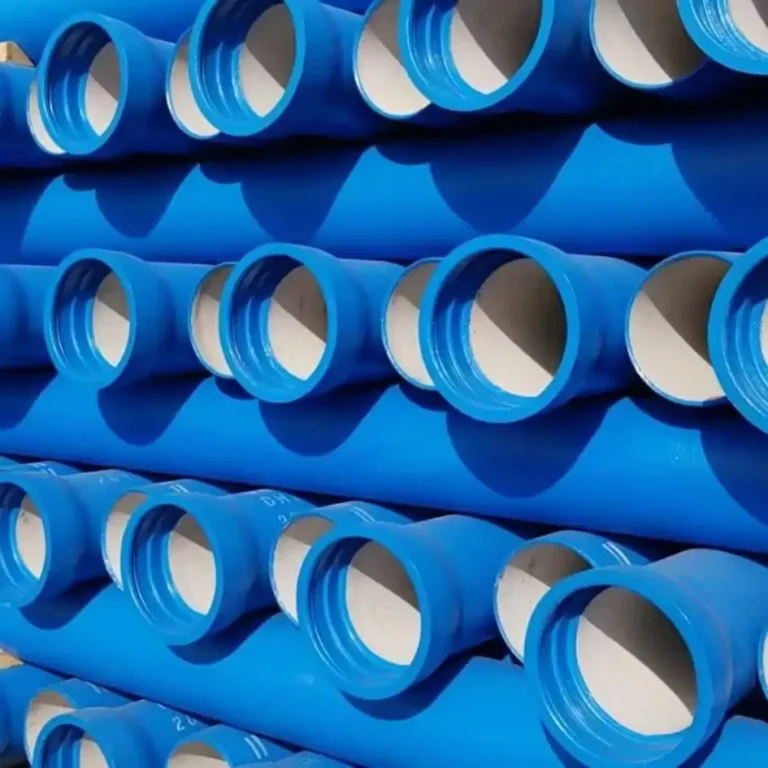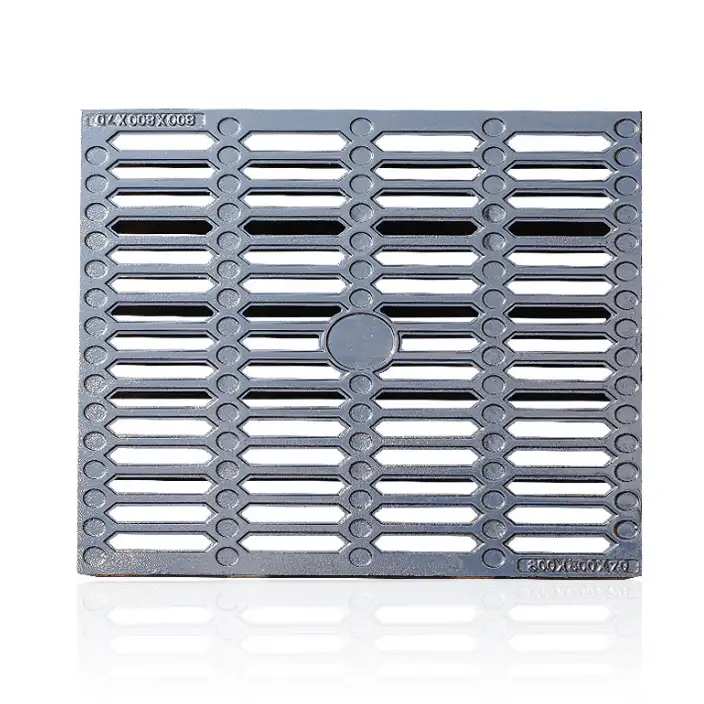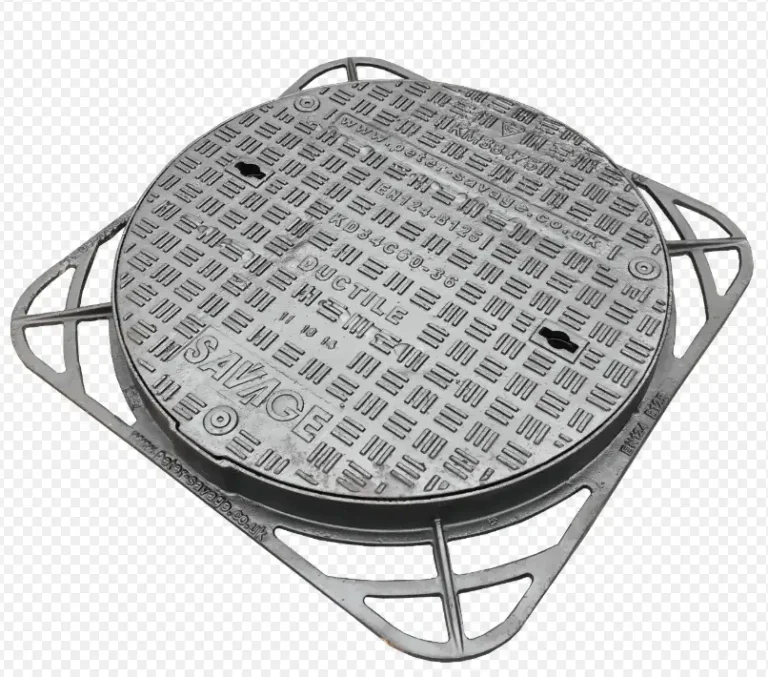Ductile iron pipes have long been the preferred choice for water distribution systems, sewer systems, and other infrastructure projects due to their strength, durability, and resistance to corrosion. However, to further enhance the corrosion resistance of ductile iron pipes, especially when they are exposed to harsh environmental conditions, a bituminous coating is often applied. This coating significantly improves the longevity and performance of ductile iron pipes by providing an additional protective layer. In this article, we will explore everything you need to know about bituminous coating for ductile iron pipes, including its benefits, application process, types of coatings, and frequently asked questions.
1. Introduction to Bituminous Coating for Ductile Iron Pipes
Bituminous coating is a widely used method for enhancing the corrosion resistance of ductile iron pipes. It involves applying a layer of bitumen-based material to the surface of the pipe, which forms a protective barrier against corrosive elements such as moisture, chemicals, and soil acidity. This protective coating helps prevent rust and degradation, making the pipes more reliable and longer-lasting.
What Is Bituminous Coating?
Bituminous coating is a type of protective coating that is derived from bitumen (a form of petroleum) or asphalt. This material is applied as a liquid and hardens to form a tough, impermeable surface. When applied to ductile iron pipes, it helps to extend their service life by protecting the metal from external environmental factors.
Why Is Bituminous Coating Used?
Ductile iron pipes, while strong and flexible, are still susceptible to corrosion when exposed to certain environmental conditions. The addition of a bituminous coating prevents rust and other forms of corrosion, particularly in applications where the pipes are buried underground or exposed to moisture, soil acids, and other corrosive elements.
2. Benefits of Bituminous Coating for Ductile Iron Pipes
The primary advantage of bituminous coating for ductile iron pipes is its ability to significantly improve corrosion resistance. However, this coating offers several additional benefits:
-
Enhanced Durability: The coating increases the pipe’s lifespan by protecting it from the corrosive effects of water, chemicals, and other environmental factors.
-
Increased Flexibility: Bituminous coatings provide additional flexibility, which is particularly important for pipes in areas where the ground may shift or settle.
-
Improved Surface Integrity: The coating creates a uniform surface that is resistant to physical damage, preventing scratches and other forms of wear and tear during installation and operation.
-
Ease of Maintenance: Pipes with bituminous coatings are easier to maintain since they are less prone to rust and corrosion, reducing the need for frequent repairs or replacements.
-
Cost-Effective: The use of bituminous coating can be a more cost-effective solution compared to other corrosion-resistant treatments, as it provides a long-lasting barrier with minimal additional costs.
3. Types of Bituminous Coatings for Ductile Iron Pipes
There are several types of bituminous coatings available for ductile iron pipes. The selection of the coating depends on the specific requirements of the application, such as the type of environment the pipes will be exposed to, their size, and their intended use. Here are the most common types of bituminous coatings used for ductile iron pipes:
1. Cold-applied Bituminous Coatings
-
Application Method: Applied as a cold liquid using brushes, rollers, or spray equipment.
-
Features: Easy to apply, does not require heating, and is effective for moderate exposure conditions.
-
Advantages: Cost-effective, convenient for on-site application, and quick-drying.
2. Hot-applied Bituminous Coatings
-
Application Method: Heated to a high temperature before being applied to the pipe surface.
-
Features: Provides a thicker coating than cold-applied coatings and is more durable in harsh environmental conditions.
-
Advantages: Offers superior adhesion, flexibility, and resistance to moisture and chemicals.
3. Bituminous Enamel Coatings
-
Application Method: Applied by spraying or brushing, forming a hardened, protective layer.
-
Features: Provides a smooth, uniform surface that resists water and chemical damage.
-
Advantages: Long-lasting, flexible, and resistant to cracking, even in extreme weather conditions.
4. Bituminous-Paint Coatings
-
Application Method: Mixed with solvents and pigments to form a coating that can be sprayed or brushed onto the pipe.
-
Features: Suitable for underground or submerged applications, offering superior waterproofing properties.
-
Advantages: Provides a protective barrier against corrosive elements, especially in aggressive environments.
4. The Application Process of Bituminous Coating
The process of applying bituminous coating to ductile iron pipes is straightforward but must be done with precision to ensure maximum effectiveness. Here’s an overview of the steps involved:
Step 1: Surface Preparation
-
The pipe surface must be thoroughly cleaned to remove any dirt, rust, or oil. This can be achieved by using abrasive tools such as wire brushes or sandblasting.
Step 2: Application of the Coating
-
Depending on the type of coating being used, the bituminous material is either heated or applied cold to the cleaned pipe surface. The coating is spread evenly across the pipe’s exterior to form a continuous, impermeable layer.
Step 3: Curing and Hardening
-
The applied bituminous coating needs time to cure and harden. Cold-applied coatings usually cure faster than hot-applied coatings, which require more time to cool down.
Step 4: Inspection
-
After the coating has fully cured, the pipe should be inspected for any defects, such as thin spots or gaps. If any issues are found, additional coating layers may be applied.
5. Performance and Longevity of Bituminous Coating
Bituminous coating significantly enhances the performance of ductile iron pipes. The durability of the coating depends on several factors, including the type of bitumen used, the application method, and environmental conditions.
Factors Affecting Performance:
-
Exposure Conditions: The severity of the environment, including moisture levels, soil composition, and temperature, can impact the longevity of the coating.
-
Thickness of Coating: A thicker coating typically provides better protection against corrosion and physical damage.
-
Application Method: Proper application is critical for ensuring the coating adheres well to the pipe surface and offers consistent protection.
Longevity:
-
Bituminous coatings can last anywhere from 10 to 50 years, depending on the conditions they are exposed to. In more aggressive environments, such as highly acidic soils or areas with constant moisture, the coating may degrade faster, requiring more frequent inspections and maintenance.
6. Common Applications of Bituminous Coating for Ductile Iron Pipes
Bituminous coatings are used in various industries where ductile iron pipes are exposed to harsh environments. Some common applications include:
-
Water Distribution Systems: Ductile iron pipes with bituminous coatings are commonly used in municipal water systems, especially in areas with high moisture levels.
-
Sewer and Stormwater Pipelines: These pipes are exposed to corrosive sewage and runoff water, making bituminous coating an ideal solution for extending the service life of the infrastructure.
-
Industrial Applications: Industries dealing with corrosive chemicals, acids, or gases often use bituminous-coated ductile iron pipes to ensure reliable transportation of materials.
-
Underwater and Submerged Installations: Bituminous coatings protect pipes buried underwater or submerged in other harsh environments from corrosion.
7. Comparison Table of Different Coatings for Ductile Iron Pipes
| Coating Type | Application Method | Durability | Best For | Advantages |
|---|---|---|---|---|
| Cold-applied Bitumen | Brushed or sprayed at room temp | Moderate durability | Moderate exposure conditions | Quick application, cost-effective |
| Hot-applied Bitumen | Heated and applied to pipe surface | High durability, long-lasting | Harsh environments | Superior adhesion, resistant to moisture |
| Bituminous Enamel | Sprayed or brushed on surface | Long-lasting and flexible | Aggressive environments | Waterproof, crack-resistant |
| Bituminous Paint | Mixed with solvents and pigments | Good for underwater systems | Submerged or underground | Excellent waterproofing |
8. Common Questions About Bituminous Coating Ductile Iron Pipe
Q1: How long does bituminous coating last on ductile iron pipes?
The lifespan of a bituminous coating on ductile iron pipes can range from 10 to 50 years, depending on environmental conditions. In harsh conditions, such as high moisture or acidic soils, the coating may degrade more quickly and require more frequent maintenance.
Q2: Is bituminous coating suitable for underwater pipelines?
Yes, bituminous coatings are ideal for underwater pipelines, as they provide excellent waterproofing and corrosion resistance. This makes them highly effective in protecting submerged ductile iron pipes from deterioration.
Q3: Can I apply bituminous coating on old ductile iron pipes?
Yes, bituminous coatings can be applied to both new and existing ductile iron pipes. However, surface preparation is crucial. The old pipes must be cleaned thoroughly to ensure proper adhesion and prevent coating failures.
Q4: How do I maintain bituminous-coated ductile iron pipes?
Routine inspections are important to ensure the bituminous coating remains intact. Any signs of wear or damage should be addressed immediately to prevent corrosion. Re-coating may be necessary if the coating has deteriorated significantly.
Q5: Can bituminous coating be applied in cold weather?
Cold-applied bituminous coatings can be used in low temperatures, but hot-applied coatings may be challenging in freezing conditions due to the need for heating the material. It is recommended to apply bituminous coatings in temperatures above 5°C for optimal results.
Q6: What are the environmental benefits of using bituminous coatings?
Bituminous coatings provide long-term protection, reducing the need for pipe replacements and minimizing the impact of corrosion. This reduces the overall environmental footprint associated with frequent repairs and replacements.
